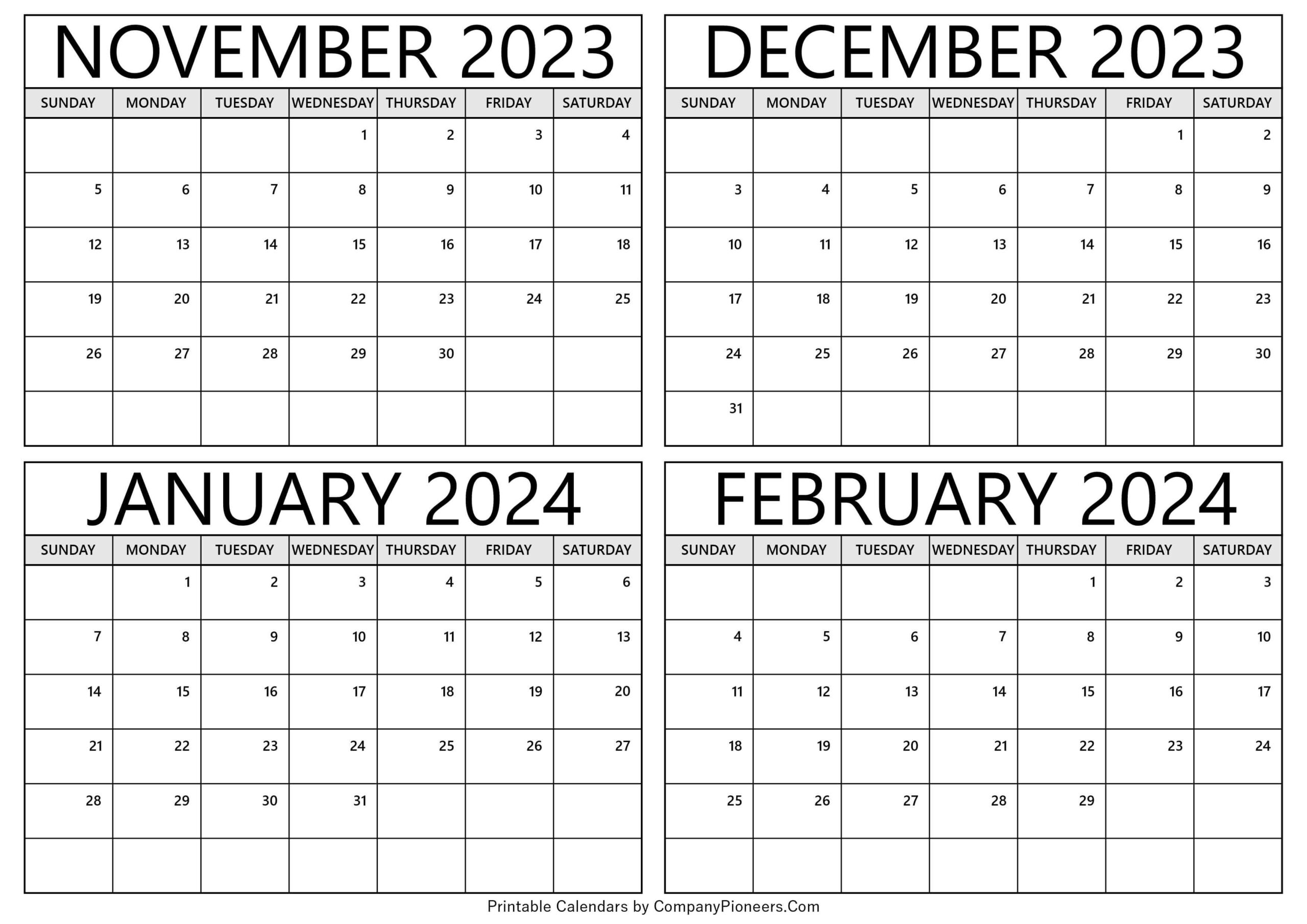I. Understanding the Importance of the Last Three Months:
How to prepare in the last three months before your 10th and 10+2 board exams are incredibly significant. This is the phase where your year-long preparation culminates, and your performance can significantly impact your academic and career prospects. Recognizing the importance of this period is the first step towards a well-planned approach.

II. Strategic Planning: How to Prepare for The Board Exams:
- Create a Realistic Study Schedule: A well-structured study timetable is your best friend during these months. Allocate dedicated time to each subject, focusing on weaker areas while revising stronger ones. Ensure a healthy balance between subjects to avoid burnout.
- Set Achievable Goals: Break your study goals into manageable targets. This makes your progress more measurable and motivates you to keep going.
- Prioritize Subjects: Identify subjects that require more attention or those you find challenging. Allocate more time to them without neglecting the others.
- Effective Time Management: Make the most of your time by eliminating distractions, using study techniques like the Pomodoro method, and staying organized.
- Regular Revision: Frequent revision of previously covered topics is vital. It reinforces your memory and ensures you don’t forget what you’ve learned.
- Practice with —Sample Papers:— Solve sample papers and previous years’ question papers. This gives you insight into the exam pattern and helps you gauge your preparation.
- Seek Guidance: Don’t hesitate to ask your teachers or peers for clarification on doubts. Discussing challenging topics with others can offer fresh perspectives.
- Stay Healthy: Maintain a balanced diet, exercise regularly, and ensure you get enough sleep. A healthy body supports a healthy mind.
III. Sharpening Memorization Skills:
- Active Learning: Passive reading won’t suffice. Engage actively with your study material through techniques like summarizing, questioning, and discussing.
- Mnemonic Devices: Mnemonics, such as acronyms and visualization, help you remember complex information more effectively.
- Teach Someone: Explaining a topic to someone else, even if it’s a friend or family member, reinforces your understanding and memory.
- Use Flashcards: Create flashcards with key information or terms. The act of making them and quizzing yourself enhances retention.
- Mind Mapping: Visualizing concepts through mind maps can make complex topics more digestible and memorable.
- Practice Retrieval: Instead of just re-reading notes, actively recall information. This strengthens your memory of the material.
- Spacing and Interleaving: Distribute your study sessions over time (spacing) and mix different subjects (interleaving). This enhances long-term retention.
IV. Time Management and Stress Management:
- Set Realistic Targets: While ambitious goals are admirable, make sure they are achievable within the available time.
- Avoid Cramming: Last-minute cramming can lead to stress and hinder retention. Stick to your study schedule.
- Mindfulness and Relaxation: Regular meditation, deep breathing exercises, and short breaks can help alleviate stress and maintain focus.
- Stay Positive: A positive mindset is crucial. Replace self-doubt with self-belief and focus on your progress.
- Balanced Lifestyle: Don’t neglect your hobbies, interests, and social life entirely. Maintaining a balanced lifestyle reduces stress and prevents burnout.
V. The Role of Mock Tests and Mock Interviews:
- Taking full-length mock tests under exam conditions helps you assess your readiness. It also familiarizes you with the exam environment and timing. Set a target to solve at least 60 Sample Papers. Assess your marks you score and try to rectify mistakes you do while solving.
VI. Seek Support and Stay Motivated:
-
- Family Support: Communicate with your family about your needs during this period. Their understanding and support can ease your journey.
- Peer Study Groups: Join or form study groups with peers. Sharing the load and discussing complex topics can be highly beneficial.
- Visualize Your Goals: Keep your long-term goals in mind. Visualization can be a powerful motivator during challenging times.
VII. The Final Stretch: Days Leading Up to the Exams:
- Final Revision: The last few days should be dedicated to comprehensive revision. Go through the most important topics and notes.
- Stay Calm: Avoid panicking or attempting to learn entirely new topics at this stage. Focus on what you already know.
- Sleep and Diet: Ensure you get a good night’s sleep before each exam, and maintain a balanced diet for sustained energy.
- Conclusion: Navigating Success
The last three months leading up to your 10th and 10+2 board exams can be intense, but with the right approach and strategies, you can navigate this period successfully. Effective planning, meticulous preparation, and honing your memorization skills will go a long way in ensuring your success. Remember, it’s not just about the destination; it’s about the journey and the valuable skills you acquire along the way. Good luck with your exams!

2 thoughts on “How to Prepare in The Last Three months for The 10th And 10+2 Board Exams(CBSE, ICSE & Other Boards): Winning Strategies for Success”